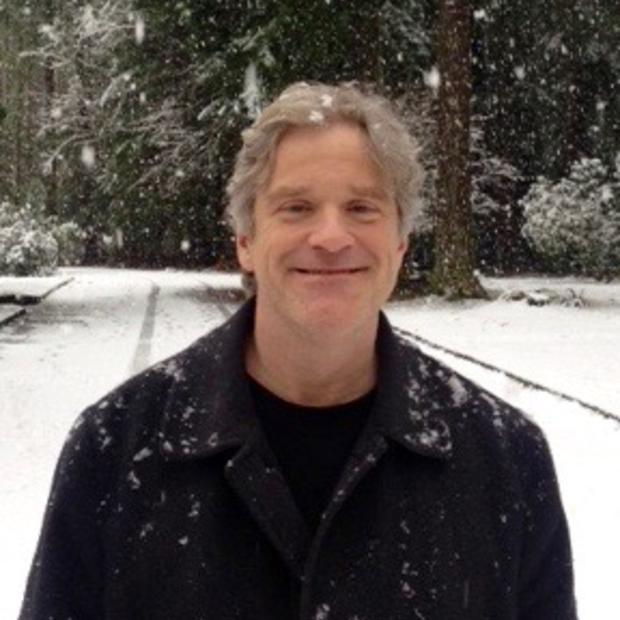There is an historical resonance to Thursday's work stoppage in Everett: The longshoremen (and women) who broad-shouldered off in solidarity with colleagues in Longview (even detaining a half-dozen port guards in the process) represent an unbroken chain of labor activists who have breathed life into Everett's social and political culture for decades. Local company execs may, for obvious reasons, quibble with the phrasing "breathed life." Mike Benbow of the Herald reports on the dispute without alluding to his incisive coverage on the potential closing of the Kimberly-Clark pulp mill. Nevertheless, last week's Kimberly-Clark news and the Longview case are mutually reinforcing: Restive workers fear they're an afterthought. In addition, the Everett incident unfolded just yards from the scene of the infamous 1916 Everett Massacre. Oh, and the only endowed Chair in Labor Studies in the United States (named in honor of labor icon Harry Bridges) is housed at the University of Washington. Bridges was a celebrated longshoreman (cue Joan Baez singing Joe Hill).
Inspired writing deserves a hat tip, and Frances Bula of the Globe and Mail delivers in her juxtaposition of Vancouver and Portland. Bula notes, "The story of bars and food carts in the two cities highlights the differences. In Vancouver, 70 per cent of all the city’s bars are downtown, as are almost 100 per cent of the food carts, contributing to a sense that this is a city focused on serving visitors, rather than on creating an interesting quality of life in all neighbourhoods." The grass is always greener in Canada and Portland is au courant. Vancouver remains the more vital city, however.
The week's critical news' story is as brief as it is sobering: Washington state is a national leader in kicking higher education to the curb. The top four states, which include Washington, have authorized draconian higher-education cuts (read: more than $500 miilion). As Joel Connelly writes in the Seattlepi.com, "The cost of college has rapidly shifted toward tuition, more rapidly even than California. But Washington is part of a national trend that has students paying more, working harder at outside jobs, and often unable to get courses they need to graduate in four years." It's a simple narrative: In states such as Wisonsin, higher education remains a touchstone. In Washington, higher-ed falls under the rubric of all-things-elite. Should Washingtonians simply ship their kids off to Virginia or, God forbid, Michigan? Too bad that we can't tap our inner-Wisconsin.
The Oregonian's editorial board weighs in on President Obama's jobs speech, largely embracing the administration's agenda. The board opines, "if there must be a political fight in a country desperate for jobs, we'll side with Obama's argument that the federal government can and should help stir economic activity, and bring some relief to the 14 million jobless Americans." The editorial scribes are less impressed by the president's campaign boilerplate that punctuated the second half of his address.
Lastly, we know for whom the fee tolls: It tolls for thee, at least on the 520 bridge. As Mike Lindblom reports, tolling will likely drive half of current motorists to use I-90 or transit. The study by Wilbur Smith Associates has positive news for investors and bond holders: driver figures will rebound to current levels by 2032.
Link summary
Everett Herald, "Everett longshoremen leave dock after dispiute in Longview"
The Globe and Mail, "Vancouver would be wise to emulate Portland"
Seattlepi.com, "Wash. a bottom dweller in higher ed support"
Oregonian, "Obama hammers home a help wanted sign"
Seattle Times, Study:"Tolls would drive away half of Hwy. 520 traffic"


